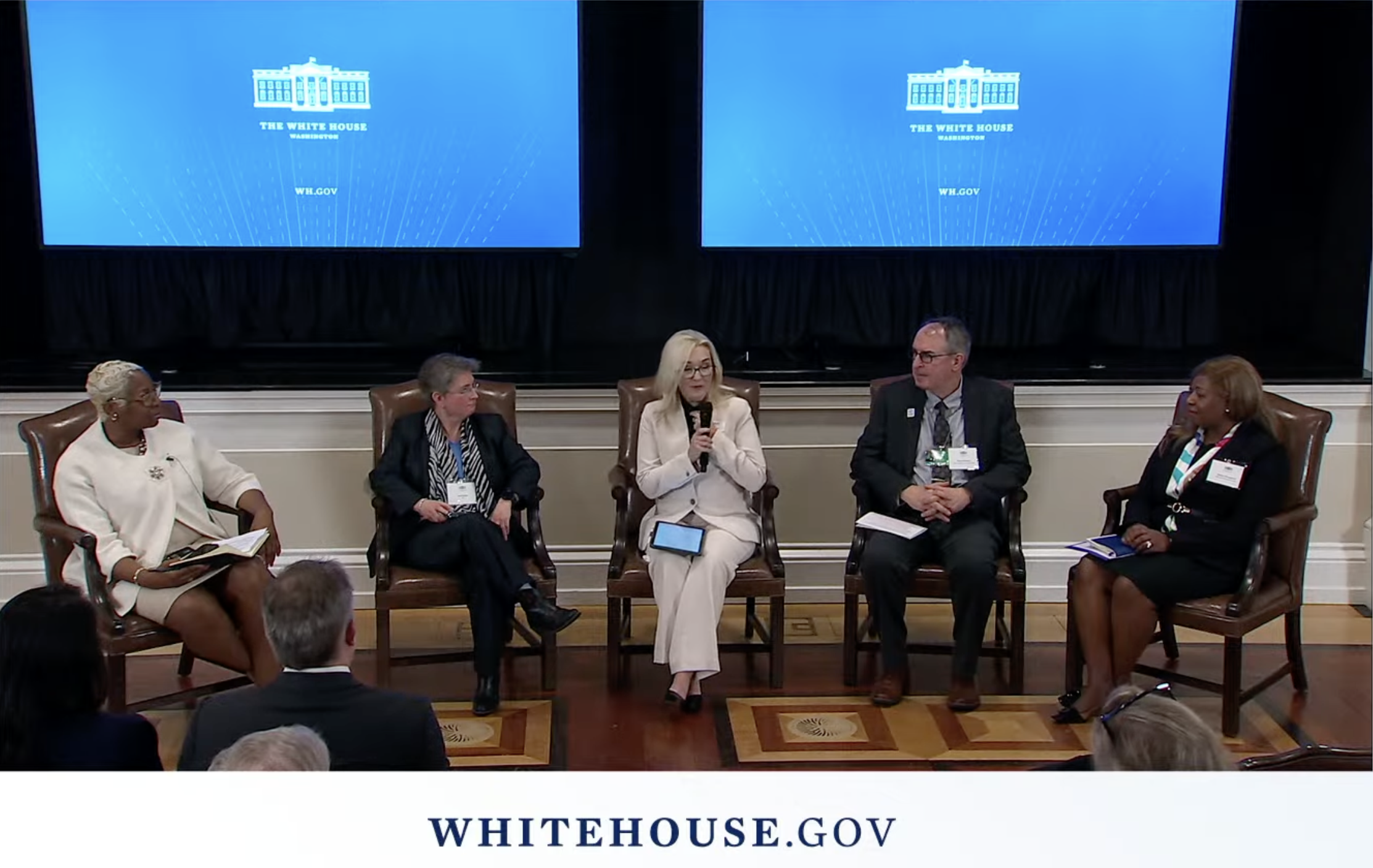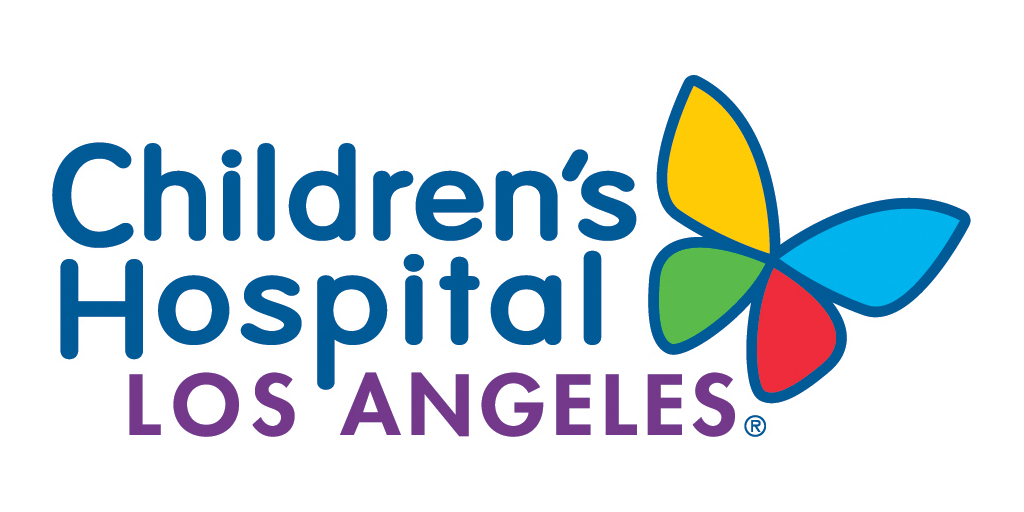
A Successful #RareAware Campaign
In February, GLI raised awareness and amplified the patient voice in discussions about transitions in care for rare liver diseases.
Here are a few highlights:
1. Through a series of listicles, experts shared their insights to help healthcare professionals support liver patients through transitions:
- Six tips to help your patients through organ transplantation with Alin Gragossian, DO
- 6 Ways to Ease Financial Stress for Patients with Chronic Liver Conditions with Nneka Ufere, MD
2. Donna R. Cryer, JD, discussed the challenges and successes of different transitions in care with rare liver disease patients and caregivers through weekly conversations on GLI LIVE:
- From Pediatric to Adult Care with Evren Ayik and Sophie Hansen
- Forging a Path after Diagnosis with Tina Money and Cecilia Duenas, MD
- Navigating Liver Transplantation with Maria Morais, RN
- Caregiving through Transitions with Kathy Spense and Alice Williams
-
3. Release of a new pocket card for patients to ask physicians when they are prescribed a new medication.
Advocacy in Rare Liver Diseases
Throughout February, many organizations advocated on behalf of rare diseases. Together, we fought for acknowledgment and prioritization of rare conditions in healthcare.
- We participated in webinars, awareness campaigns, and social media storytelling for Rare Disease Day.
- GLI partnered with Everylife Foundation for Rare Disease Week on Capitol Hill to advocate for the Medical Nutrition Equity Act (H.R. 6892) and reform in FDA drug approvals for rare diseases.
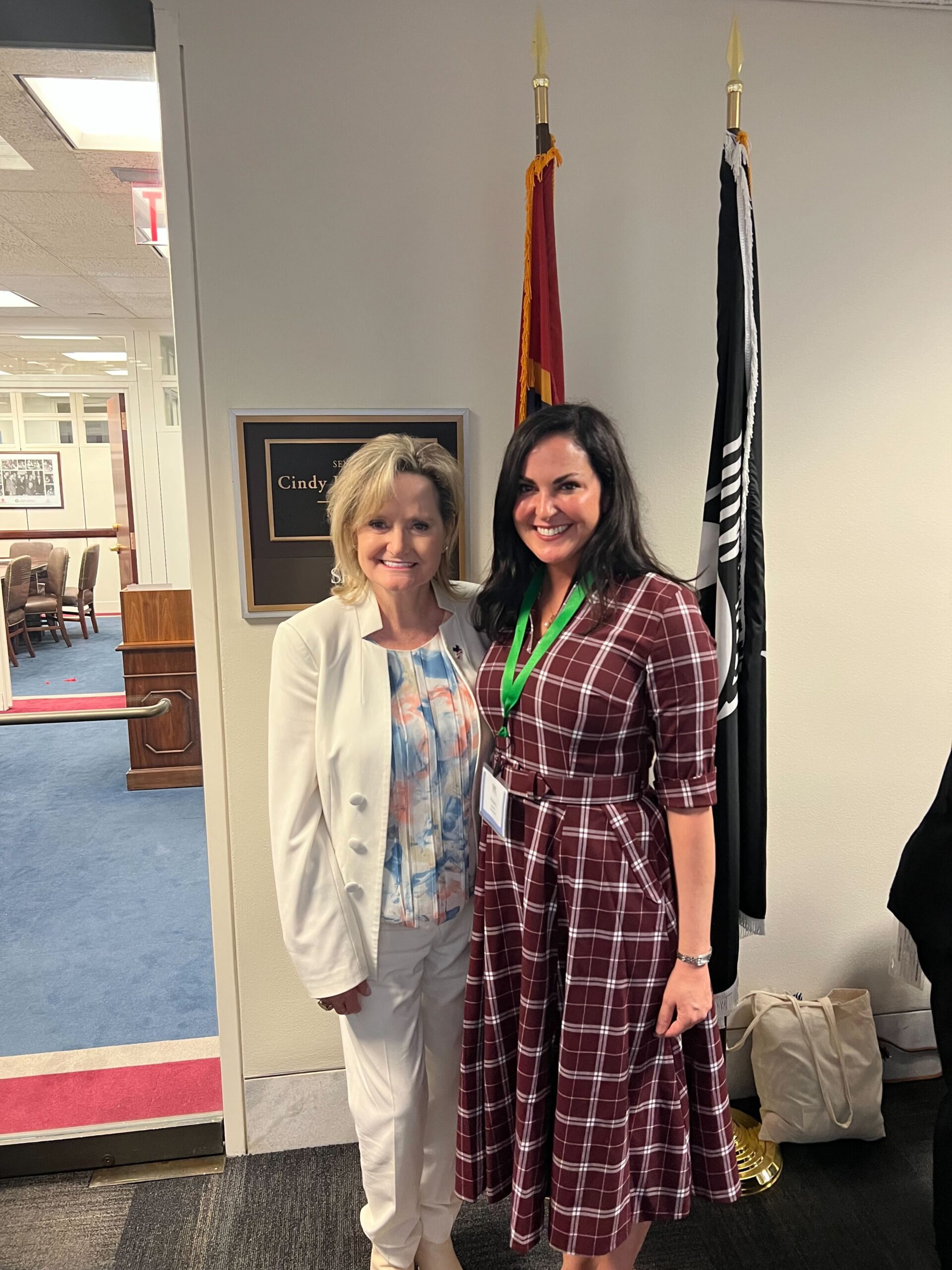
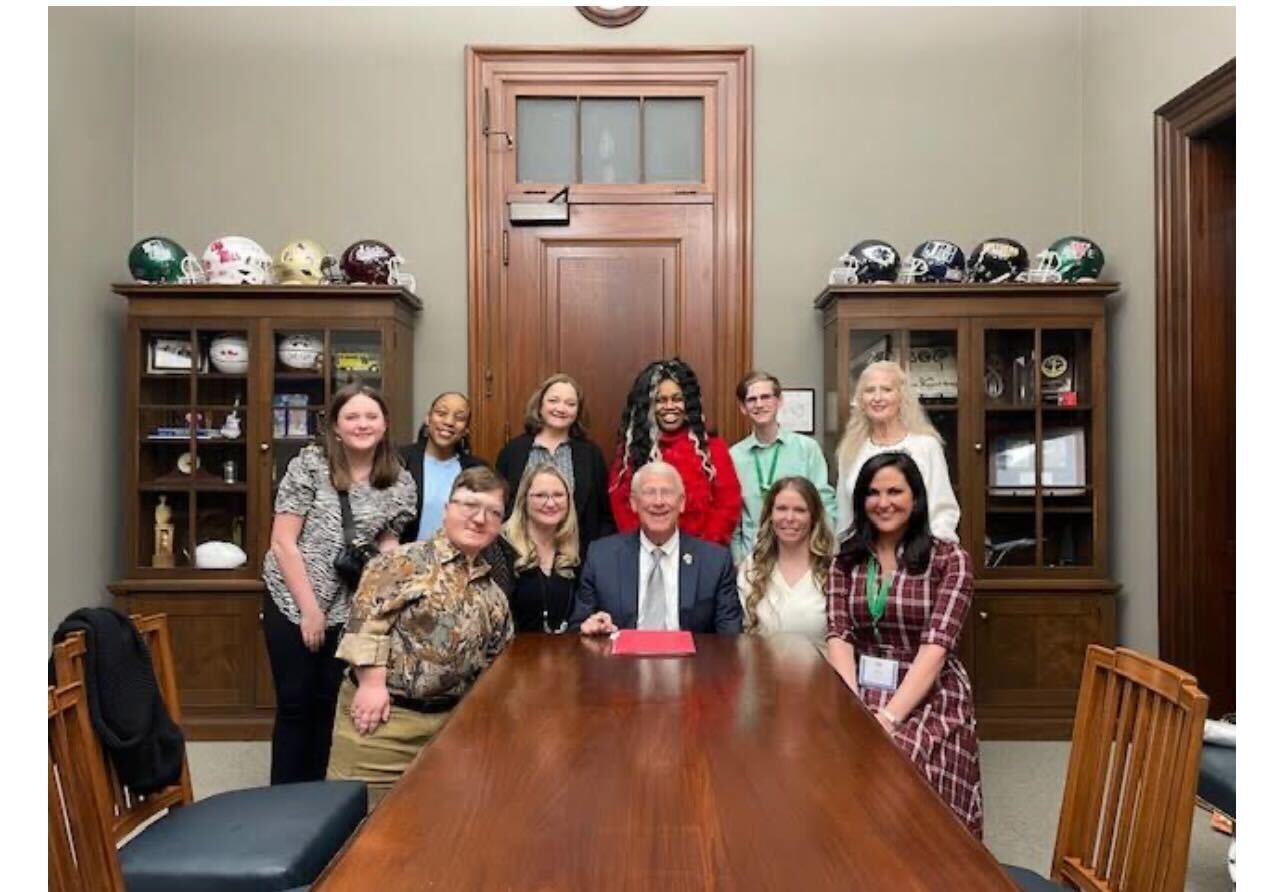
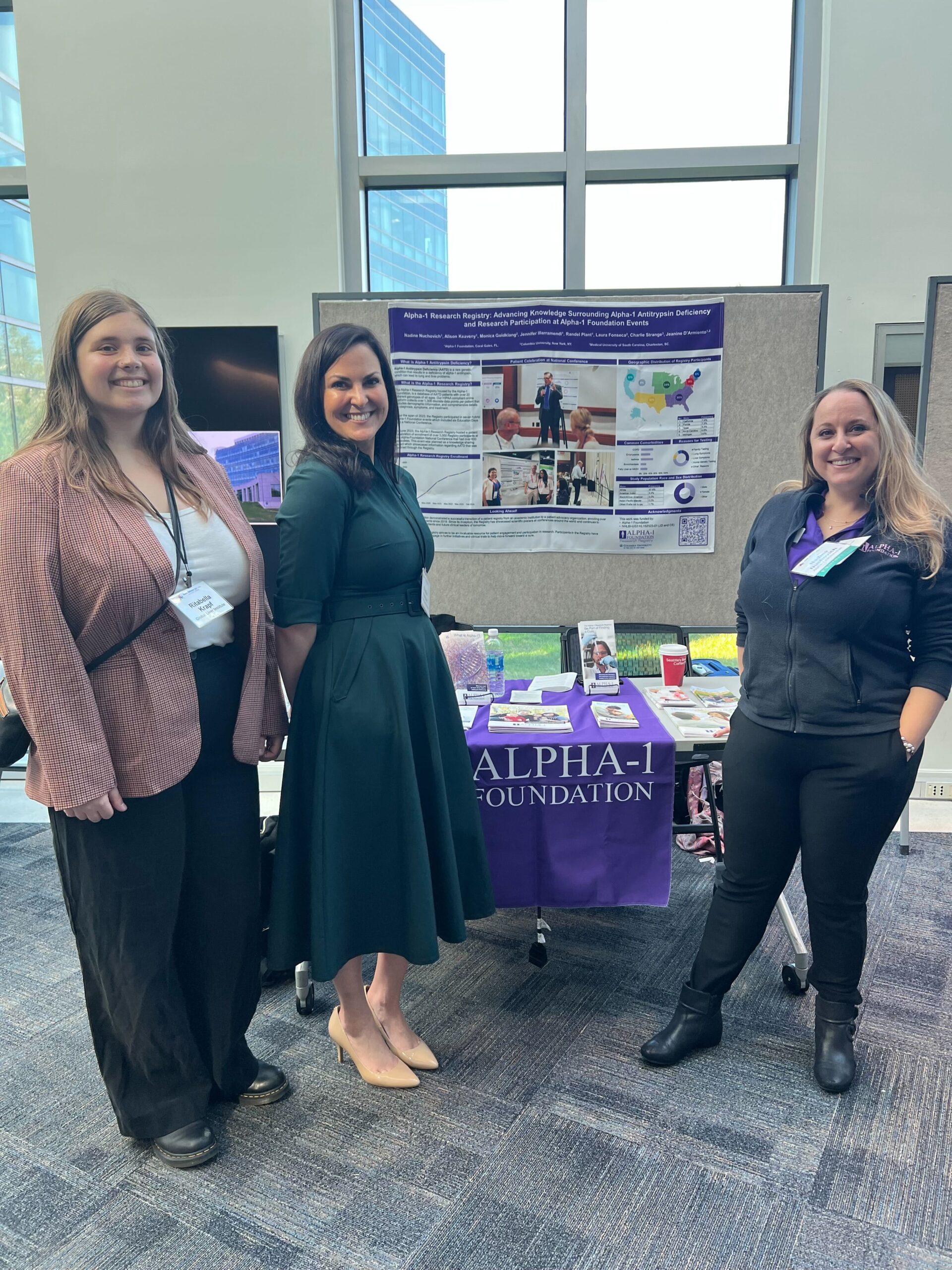
White House holds first Rare Disease Forum
During the first Rare Disease Forum hosted at the White House this year, Shonta Chambers, GLI board member, moderated an enlightening session on technological breakthroughs in rare diseases. The discussion covered the active roles of patient advocacy groups in research, highlighting resources like the NCATS program and the IAMRARE registry. Panelists discussed innovations including AI and gene therapy advancements.
Intercept’s obetacholic acid reaches new FDA milestone
We are thrilled to celebrate with Intercept on the FDA’s acceptance of their Supplemental New Drug Application (sNDA) for obeticholic acid for PBC. This sNDA is expected to satisfy requirements to confirm clinical benefit, after obeticholic acid has been on the market. It is encouraging to see the evidence of real-world impacts for patients with PBC.
The impact of socioeconomic factors on pediatric acute liver failure
In a recent study led by Dr. Johanna Ascher Bartlett at Children’s Hospital Los Angeles, has revealed new insights about pediatric acute liver failure (PALF). The findings indicate that socioeconomic factors such as family support, patient age, race, employment status, and language proficiency can significantly impact clinical outcomes. With this, Dr. Bartlett and others from CHLA recommend that other health systems screen for these factors and collaborating with community health organizations to address inequities in their communities.
Screening assay may improve early Wilson disease detection
Screening procedures worldwide are crucial for the early detection and treatment of rare liver diseases. Though Wilson disease meets the criteria for universal screening, no population screening protocol exists. However, promising developments are underway. Key Proteo, in collaboration with the Washington State Department of Health Office of Newborn Screening and Seattle Children’s Research Institute, is researching an in vitro diagnostics assay for Wilson disease screening, which may mean the disease is added to newborn screening protocols.
Navigating the Niche Nutritional Challenges of Rare Liver Diseases
Struggling with dietary restrictions due to a rare liver condition? You’re not alone. Dive into specialized nutrition tips for Wilson Disease, LAL-D and more! Learn more in GLI‘s latest article.
New explanation for the increase in viral hepatitis cases in children caused by unknown origin
New cases of viral hepatitis of unknown origin in children have surged globally, with approximately 1,000 cases reported from 35 countries in 2022 alone. While the cause remains unclear, ongoing research released in the Journal of Infection suggests a potential link to simultaneous infections by multiple viruses. Researchers are investigating associations with infections involving multiple helper cells, COVID-19, and other respiratory and enteric pathogens.
Upcoming Events
- April 23 – 25, 2024 – World Orphan Drug Congress USA 2024
- April 29 – May 1, 2024 – Global Genes RARE Drug Development Symposium
- April 9 – 12, 2024 – International PBC Summit
- April 11 – 13, 2024 – 2024 Patient Education Conference Empowering Connections in PBC
- April 26 – 27, 2024 – PFIC Family & Scientific Conference
- May 10 – 11, 2024 – BARE Symposium
For more information about the Pediatric and Rare Liver Diseases Council or to learn more about joining, please visit our webpage or email pedsrare@globalliver.org.


